Intuitive Eating and Exercise
- April 26, 2017
- Last Updated: April 29, 2025
- 24 Comments
- Intuitive Eating
Are you trying to learn more about intuitive eating and exercise? Can you have a healthy relationship with both? Let’s break down what the science says about intuitive exercise.
As an Amazon Associate, I may earn from qualifying purchases. You can read more here about our Disclaimer and Privacy Page.
By this point, I’m sure many of you have heard of the term, “Intuitive Eating.”
If you’re not sure where to begin, I recommend checking out the best intuitive eating books and this guide for intuitive eating for beginners.
What you may not be familiar with is…intuitive exercise. But yes…your relationship with intuitive eating and fitness matters!
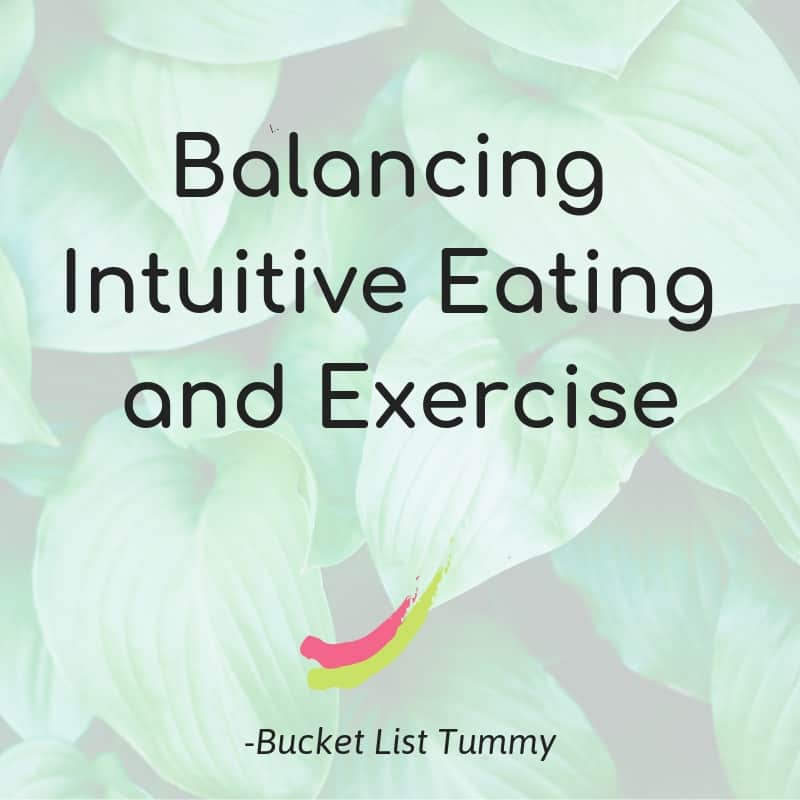
I think it’s a great book for EVERYONE to read, and it’s a must for my clients who have dealt with disordered eating and/or thoughts.
It is also great for those who have become far removed from his/her hunger cues and have no idea how to honor hunger and can’t identify practical hunger.
I saw something recently in a thread or forum about running and intuitive eating, so I thought intuitive eating and working out may be something more people want to learn about. intutiive
So, how can we balance intuitive eating and exercise?
What is Intuitive Eating?
Intuitive eating is a way of eating and almost a philosophy of life. There are 10 principles of intuitive eating, many of which we have covered in more depth.
- Reject the diet mentality
- Honor your hunger
- Make peace with food. In this principle, we talk alot about learning to give yourself unconditional permission to eat.
- Challenge the food police
- Feel your fullness
- Feel satisfied after eating
- Cope with your emotions without using food
- Respect your body
- Exercise to feel the difference
- Honor your health – Learn what it means to be healthy
These principles are overarching across your lifestyle, and I feel that they are something we are always working towards, and never completely achieving.
They are more like an experience, not a destination, if that makes sense.
There is no perfect way of “intuitive eating,” but it’s about progress and learning to check in with yourself.
Intuitive eating talks about exercising not for burning calories, but moving in a way that makes you feel good.
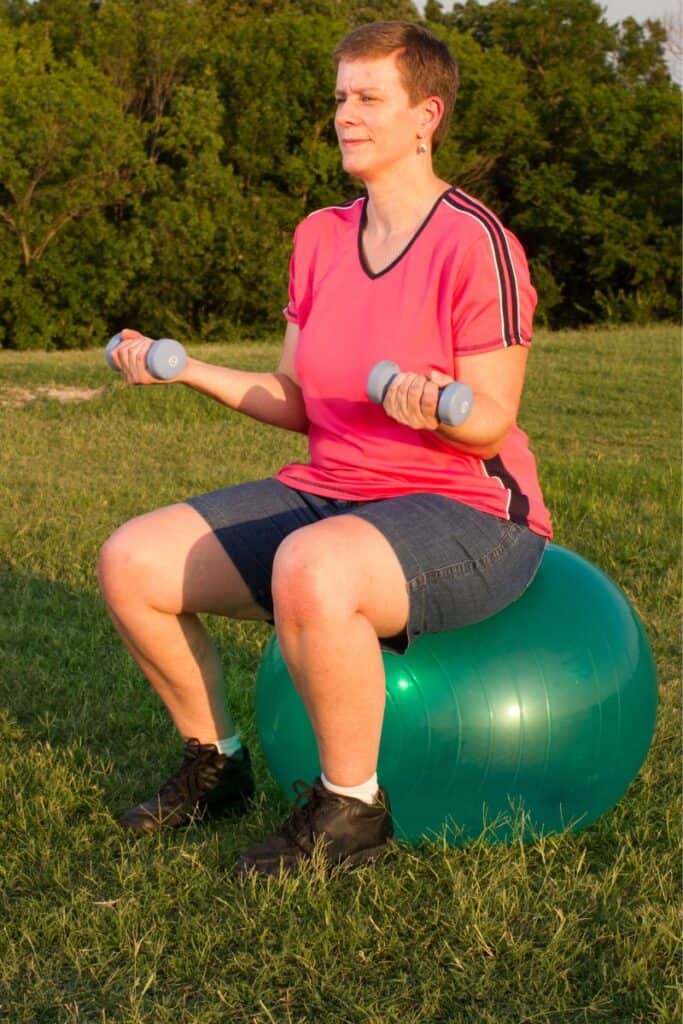
How to Practice Intuitive Exercise
Think of exercise as a way to take care of yourself and plan for the future.
Intuitive exercise takes into account how you feel each day, rather than going by a strict regimen or plan.
We want to promote exercise. There’s no denying that it has many health benefits aside from burning calories, like:
- Increased bone, heart and lung strength
- Increased stress tolerance and improved mood
- Decreased blood pressure & blood sugar
- Increased HDL (good cholesterol), decreased total cholesterol
- Reduced risk for chronic diseases, including heart disease, diabetes, osteoporosis, hypertension and some cancers
- and much more!
I’m a big fan of exercise (running and weights) because it helps me think clearer throughout the day. It improves my mood and energy.
It helps relieve my stress, along with many other things.

I can tell a difference on days I exercise and days I don’t.
With exercise, however, it’s important to also consider our food habits that may or may not support that exercise.
This is where the mental, or practical side, of intuitive eating comes in. Sometimes we have to override certain mechanisms to make sure we eat enough.
Longer or more intense exercise is known to damper appetite in many people. It is common to not feel hungry after a workout.
But, we can’t eat less if we are exercising more.

When Intuitive Eating May Not Work with Exercise
Intuitive Eating isn’t for every situation, at least not initially.
I have found that the intuitive eating principles can be a little trickier for athletes, or people who are very active.
Especially if people are exercising for the wrong reasons (only to lose weight and count calories) or were far removed from hunger cues in the first place.
As a matter of fact, if you have a past of disordered eating, endurance exercise probably isn’t right for you while you are recovering.
There have been studies showing that retired athletes often need to relearn their physiological hunger signs.
The core principle of intuitive eating revolves around tuning into your hunger and honoring what that may be.
Yet, some people don’t have an appetite after a run or hard workout.
In these cases, intuitive eating may not be right for you around exercise.
You may be wanting quinoa with vegetables, but you may really need the decorated pizza with extra cheese and a side of garlic bread.

Part of intuitive exercise is making sure you eat enough.
You can honor your body by exercising because it makes you feel good. Not because you feel like you have to, or not to just burn off the dessert you ate last night.
Similarly, you also need to honor your body with fuel before and after an upper body workout.
Nearly 95% of the time, I’ll tell you to let your body guide your food choices.
But that other 5% may require you to just eat in order to take care of your body.
Drink a post workout smoothie. Have a chocolate dessert at night. Whatever can work for you.

Intuitive Exercise Doesn’t Mean Exercise More and Eat Less
The goal is not to wear yourself thin, and eat less while you move more. Even if you don’t have an appetite, that’s not best for your body.
When you use up all of your muscle stores (glycogen), you need to replenish them if you want to keep exercising in the future.
You can do more damage to yourself in the long run by skipping your post exercise meal/snack.
When you don’t get sufficient fuel in the necessary post exercise window, you may further break down your muscles.
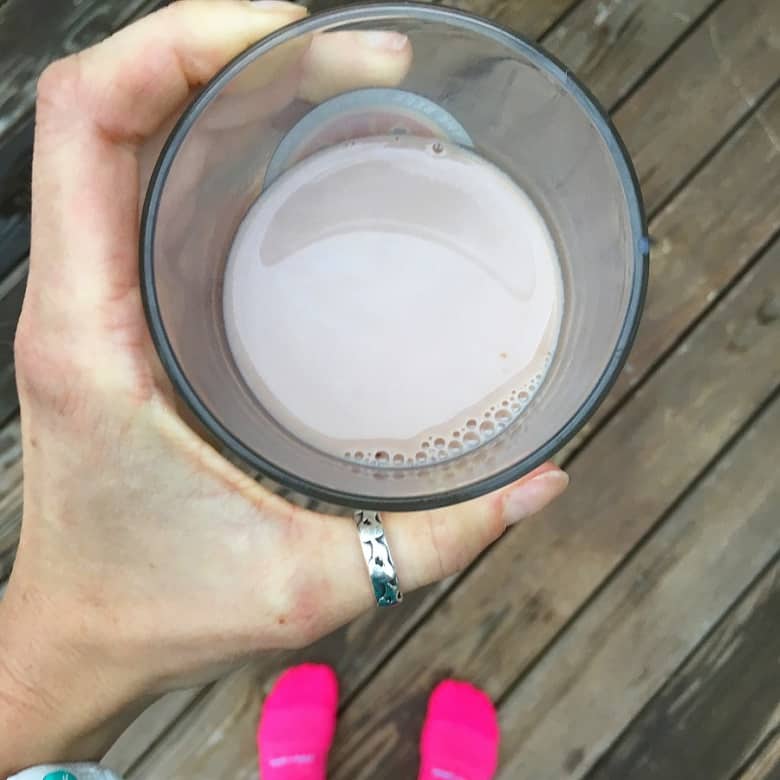
You may think you’re doing your body a favor because you’re listening to your hunger and feeling your fullness (i.e. you have no appetite), but sometimes, we have to let our brain play a role in our nutrition too.
We need to know better. Because intuitive exercise isn’t about weight loss, remember?
Changing our body shouldn’t be the reason we exercise. Or the only reason.
Many people struggle with negative body image. It’s prevalent in our society.
Regular exercise often leads to an improved body image. Which is true, but also, can perpetuate the body cycle for others.
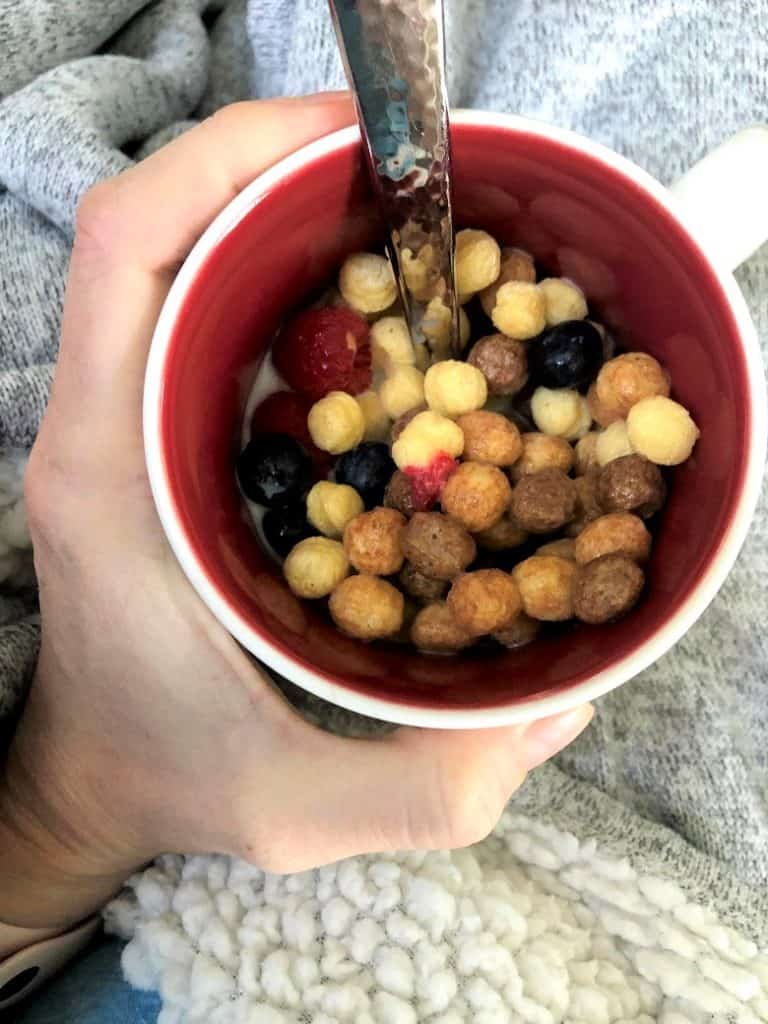
Females in particular, struggle in meeting their daily carbohydrate guidelines, which chronically can have negative impacts across the board.
It can impact the next workout, relative energy, mood and cognitive function, iron levels, menstruation, etc.
This is why many females I work with struggle with craving carbohydrates – the body is smart!
When you’re exercising for over an hour, you no doubt need to eat more than your usual amount of food, whether that be in the form of an extra meal or snack, or larger portions elsewhere.
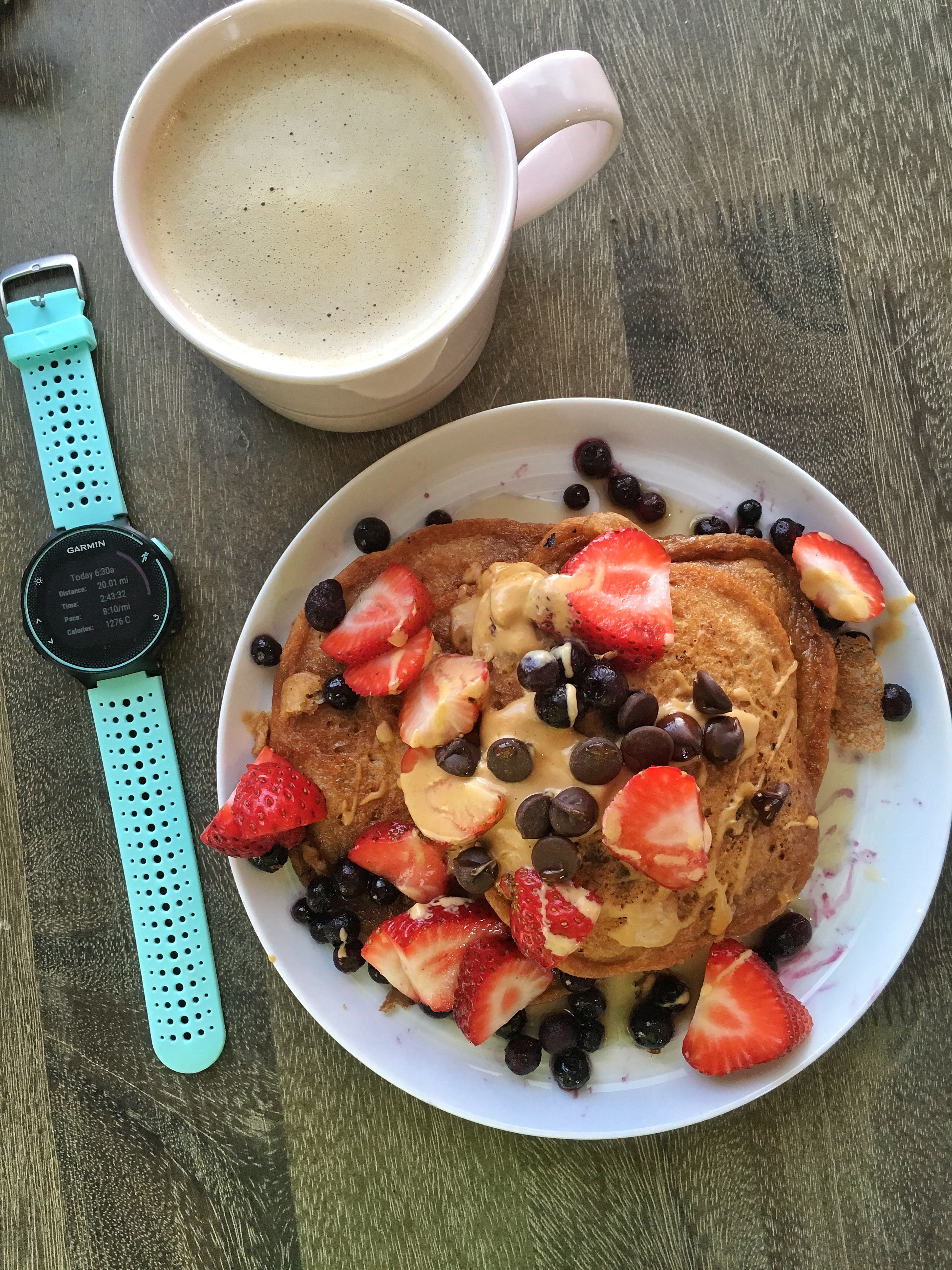
Giving Your Body What it Needs
Now, let’s talk about the other side of the coin with tuning into your intuitive nature.
You may be chronically hungry, or hungrier on some days. It can take our bodies days to catch up from underfueling or overexercise.
Don’t feel like you need to justify your food choices. And don’t feel shameful for a roaring appetite or feel guilty when eating if this is the case.
That may be your body’s way of asking for more fuel, and being able to tune into that is a principle of intuitive eating.
Understand that it’s okay to give yourself permission to eat more when your body calls for it, and feel the satisfaction that eating food can provide – food that fuels your body.
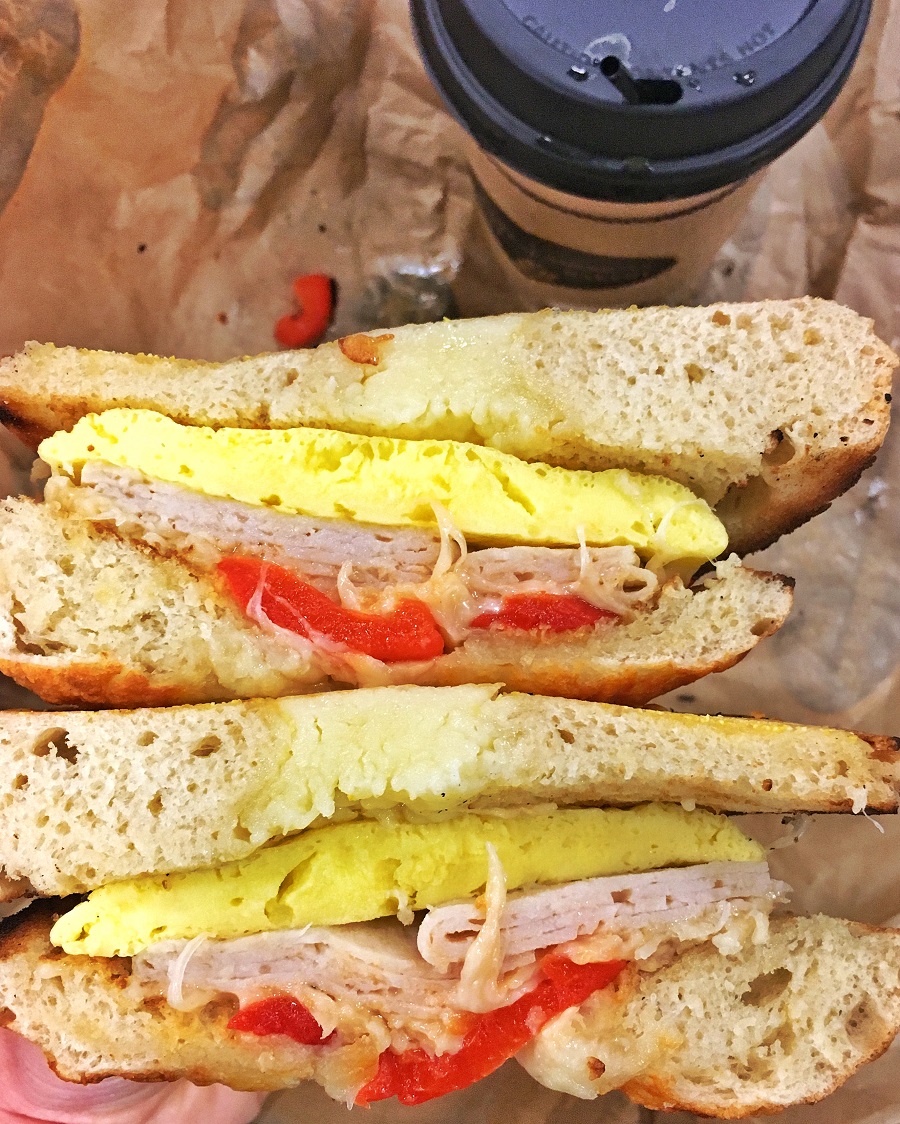
Combining Intuitive Eating and exercise means tuning into your body’s needs – being aware of the times you need more fuel, even if you’re not feeling hungry but you know you should eat.
Or, eating more not because you worked out that day but because your body is asking you for it and you have a roaring appetite.
Because it’s working so dang hard to power you through that exercise.
Neither situation is right or wrong, but both require a different kind of attunement.
Why are you exercising in the first place?
Likely because you enjoy it (hopefully), and you want to take care of your body. So, we need to think about eating enough to fuel the exercise and recovery, too.
Because that is showing our bodies love and respect.
Support Bucket List Tummy








Like This Content?
Support Bucket List Tummy